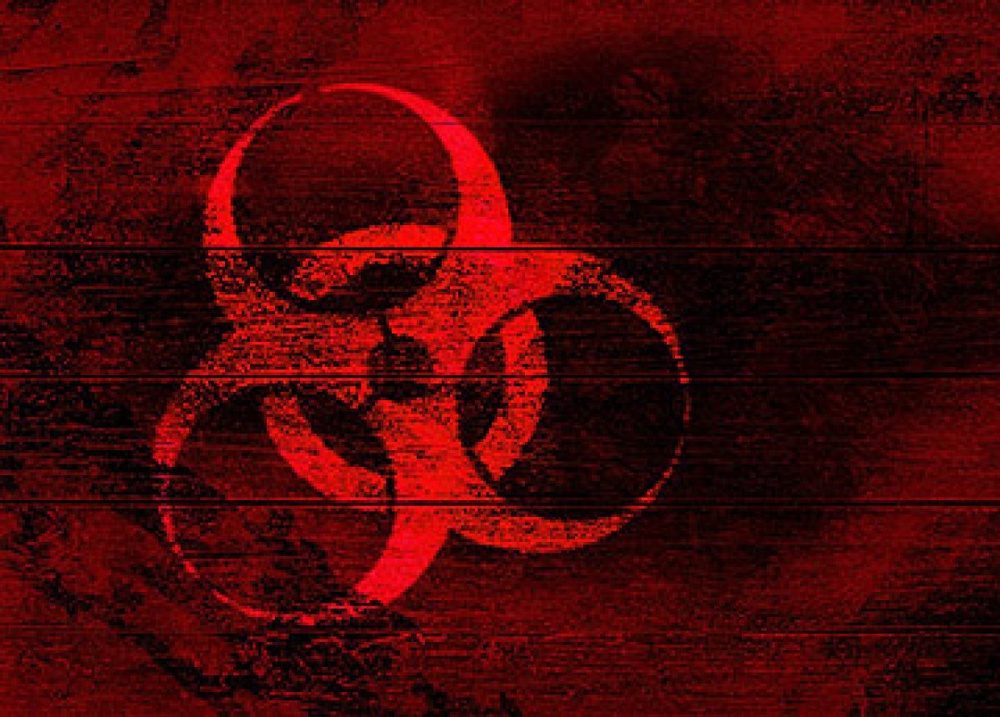
Western nations have "hard evidence" that chemical weapons have been used at least once in the Syrian war but a UN investigation is now unlikely to get into the country, AFP reports citing diplomats. President Bashar al-Assad's government asked the UN to investigate its claims against rebel forces. But it is now refusing to let international experts into the country because the UN wants to look into claims against Assad's forces. "In one case we have hard evidence," a western diplomat told reporters, commenting on the rival claims. "There are several examples where we are quite sure that shells with chemicals have been used in a very sporadic way," added the diplomat, speaking on condition of anonymity and without giving details of the evidence. A diplomat from a UN Security Council nation also said that "quite convincing" evidence had been sent to UN Secretary General Ban Ki-moon to back accusations against Assad's forces. Britain and France have submitted information to the United Nations about allegations that government forces used chemical arms in the city of Homs on December 23 and at Ataybah near Damascus last month. Neither has disclosed details but the Homs case is said to be the most serious of the two. The Syrian government called for a UN investigation after it said opposition rebels fired a chemical weapon shell into Khan al-Assal in Aleppo province on March 19. Syrian government troops were among those killed or wounded in the attack, according to diplomats. The UN has assembled a team of international experts, led by Ake Sellstrom of Sweden, in the region. But Syria's Foreign Minister Walid Muallem wrote to Ban this week saying his government could not accept an inquiry that went beyond the Aleppo incident. "It is regrettable that the Syrian government has rejected my offer to engage in (an) investigation," Ban said Thursday after talks with US President Barack Obama in Washington. Ban had demanded "unfettered access" to all of Syria before sending the team. "They are now ready. They can be deployed any time soon; so this is my urgent appeal," Ban told reporters. UN Security Council diplomats said communications between the Syrian government and the United Nations had been severely cut back. They added that the chemical weapons inquiry was now likely to fall victim to divisions on the 15-nation council. Russia and China have blocked three council resolutions intended to increase pressure on Assad over the conflict, including by threatening sanctions. But with the conflict worsening -- well over 70,000 people have now been killed -- the international showdown over the conflict has also deteriorated. Ban has blamed the divisions for the failure to make progress on a negotiated settlement to the war. "It is obvious that the Security Council is going to go nowhere on Syria. It is totally blocked," said a senior council envoy.





Western nations have "hard evidence" that chemical weapons have been used at least once in the Syrian war but a UN investigation is now unlikely to get into the country, AFP reports citing diplomats.
President Bashar al-Assad's government asked the UN to investigate its claims against rebel forces. But it is now refusing to let international experts into the country because the UN wants to look into claims against Assad's forces.
"In one case we have hard evidence," a western diplomat told reporters, commenting on the rival claims.
"There are several examples where we are quite sure that shells with chemicals have been used in a very sporadic way," added the diplomat, speaking on condition of anonymity and without giving details of the evidence.
A diplomat from a UN Security Council nation also said that "quite convincing" evidence had been sent to UN Secretary General Ban Ki-moon to back accusations against Assad's forces.
Britain and France have submitted information to the United Nations about allegations that government forces used chemical arms in the city of Homs on December 23 and at Ataybah near Damascus last month. Neither has disclosed details but the Homs case is said to be the most serious of the two.
The Syrian government called for a UN investigation after it said opposition rebels fired a chemical weapon shell into Khan al-Assal in Aleppo province on March 19.
Syrian government troops were among those killed or wounded in the attack, according to diplomats.
The UN has assembled a team of international experts, led by Ake Sellstrom of Sweden, in the region. But Syria's Foreign Minister Walid Muallem wrote to Ban this week saying his government could not accept an inquiry that went beyond the Aleppo incident.
"It is regrettable that the Syrian government has rejected my offer to engage in (an) investigation," Ban said Thursday after talks with US President Barack Obama in Washington.
Ban had demanded "unfettered access" to all of Syria before sending the team. "They are now ready. They can be deployed any time soon; so this is my urgent appeal," Ban told reporters.
UN Security Council diplomats said communications between the Syrian government and the United Nations had been severely cut back. They added that the chemical weapons inquiry was now likely to fall victim to divisions on the 15-nation council.
Russia and China have blocked three council resolutions intended to increase pressure on Assad over the conflict, including by threatening sanctions.
But with the conflict worsening -- well over 70,000 people have now been killed -- the international showdown over the conflict has also deteriorated. Ban has blamed the divisions for the failure to make progress on a negotiated settlement to the war.
"It is obvious that the Security Council is going to go nowhere on Syria. It is totally blocked," said a senior council envoy.

 +7 (777) 001 44 99
+7 (777) 001 44 99















































